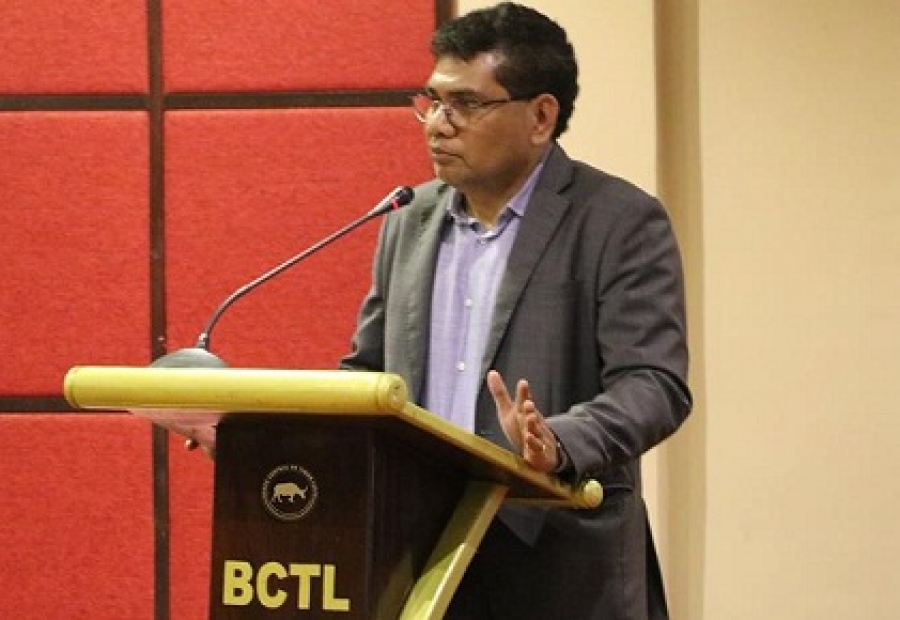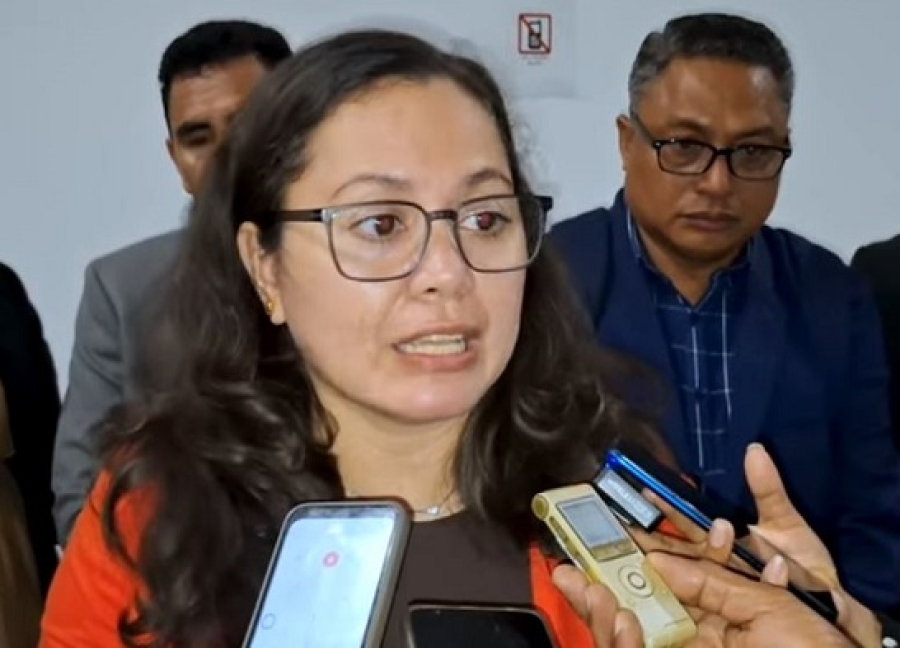The report also emphasised a need to diversify Timor-Leste’s economy.
Timor-Leste’s National Petroleum Fund balance has fallen to US$16 billion.
The body predicted that over the medium term, non-oil growth would remain around 5 percent. It said inflation was projected to rise, “reaching 4 percent over the medium term.”
“While the development of the Greater Sunrise fields represents an important source of potential petroleum revenue, a more diverse economy is essential to create job opportunities for a rapidly-growing working-age population,” the report said.
IMF Directors also stressed that investment in education and health was needed to capture Timor-Leste’s demographic dividend and “ensure high, inclusive, and sustainable growth to help it achieve the Sustainable Development Goals”.
“Improving both basic education and vocational education and training should help raise labor productivity and address existing and future skill shortages,” the report said.
Abrao Vasconcelos, the Director of the East Timor Central Bank (BCTL), agreed that careful and controlled spending of the nation’s petroleum fund was needed. Vasconcelos also said improving alternative funding sources would improve economic stability.
"We must make the right choices when investing in infrastructure and choosing the right funding sources, “ he said.
Vosconcelos said many countries had developed without oil and gas revenue and that Timor-Leste could learn from their experience to diversify the economy and grow domestic income.







